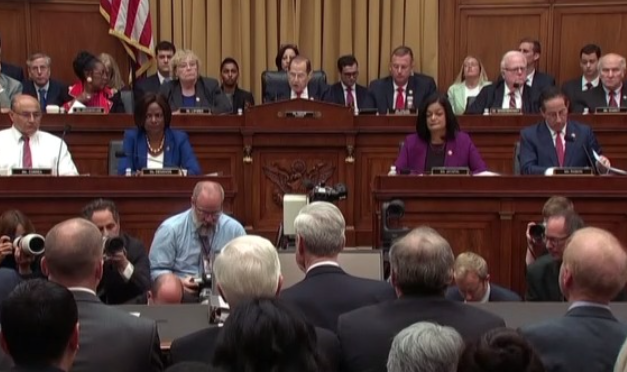HORROR AND DIAGNOSIS: ON ARI ASTER
HORROR AND DIAGNOSIS: ON ARI ASTER NOLAN GEAR Ari Aster, writer-director of last year’s Hereditary and this midsummer’s Midsommar, has made a splash using horror filmmaking to explore bereavement, intergenerational trauma, and other everyday disasters. Like his colleagues Jennifer Kent and Jordan Peele, the second of whom praised Midsommar as an “ascension of horror” with “some of the most atrociously disturbing imagery [he’d] ever seen on film,” Aster draws on horror’s essential permissiveness — its tendency to push the edges of the permissible, stretching a yes as far as it will go — to tell stories too fraught or...
Read More



